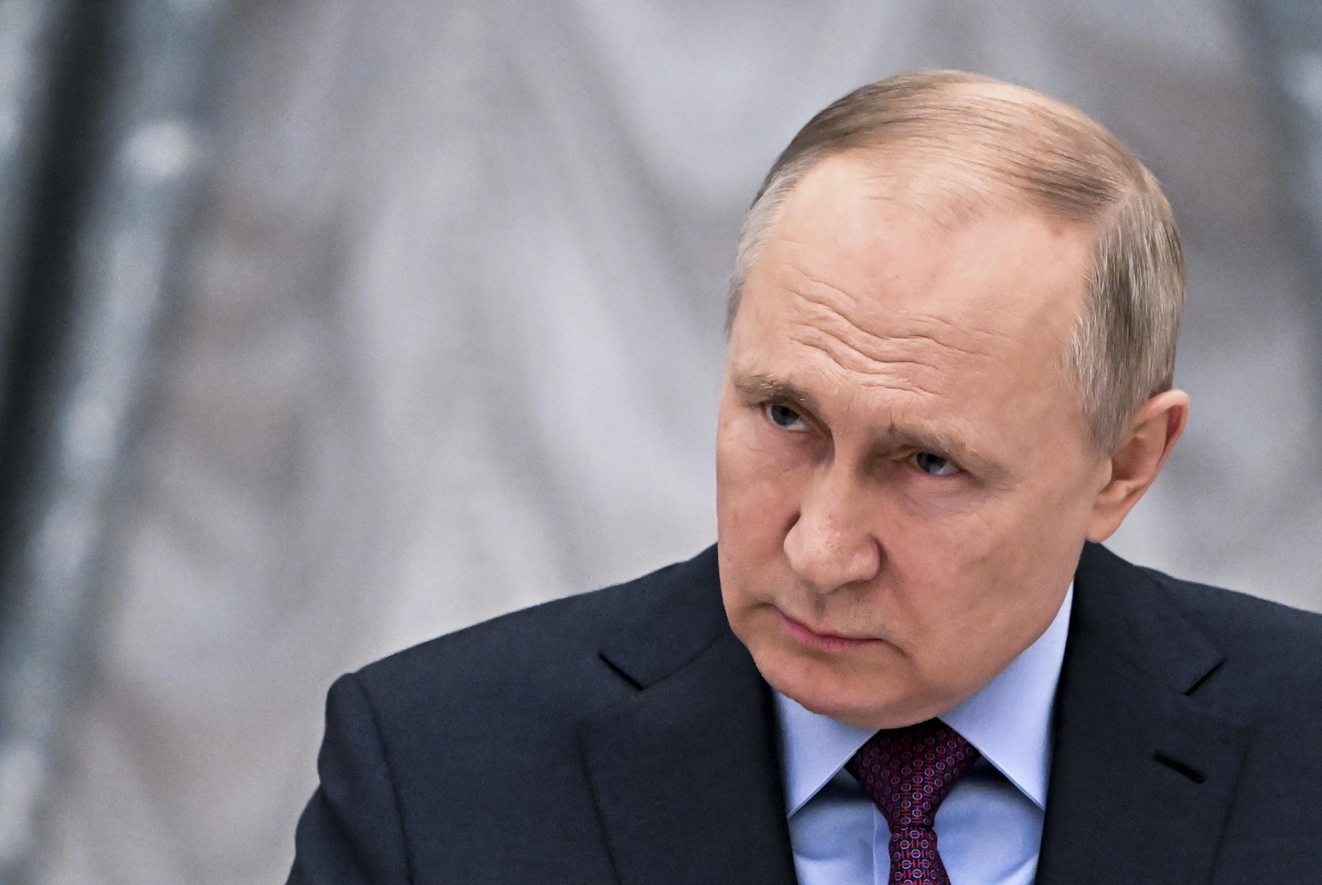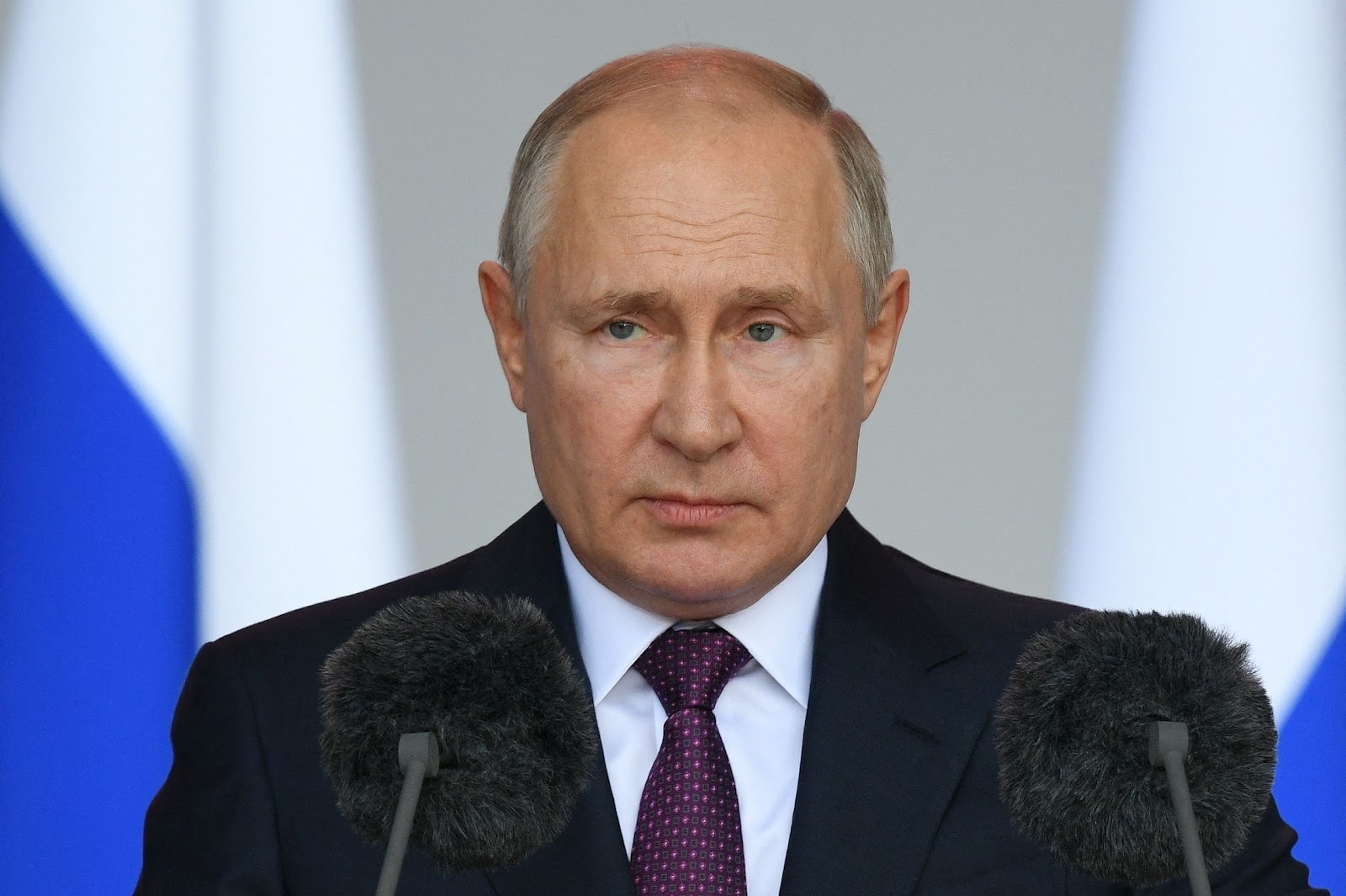[ad_1]
LONDON, (Reuters) – Bank of England policymakers said their first interest rate rise in more than a decade was likely to be needed in the “coming months” if the economy keeps growing and inflationary pressures continue to build.
Officials voted 7-2 to keep rates on hold at a record-low 0.25 percent as expected, but said their tolerance for above-target inflation was lessening and that all of them thought rates could rise faster than financial markets expect.
Britain’s vote to leave the European Union in March 2019 has created long-term doubts about the health of the economy but also strong short-term inflation pressures.
“A majority of MPC members judged that, if the economy continued to follow a path consistent with the prospect of a continued erosion of slack and a gradual rise in underlying inflationary pressure then … some withdrawal of monetary stimulus was likely to be appropriate over the coming months,” the central bank said.
The BoE said the economy was doing a little better than it had expected last month, and that inflation was likely to exceed 3 percent in October – slightly above previous forecasts – after reaching 2.9 percent last month.
But it said it was “unclear how sustained any increase in GDP growth might be over the medium term”, citing unknowns about how households and businesses would react to the Brexit process.
The BoE has previously signalled rate hikes ahead, only to be caught out by unexpected changes in the economy.
Economists polled by Reuters had mostly expected a 7-2 vote in favour of keeping the extra stimulus brought in in August 2016 when the economy appeared to be reeling from the shock of the vote to leave the European Union.
But a minority had seen a chance that BoE chief economist Andy Haldane would join Ian McCafferty and Michael Saunders in backing an immediate increase in rates to 0.5 percent.
Haldane – previously viewed as a dove – said in June that he expected to support a rate rise later in 2017.
After performing better than the BoE expected in 2016, Britain’s economy slowed in the first half of 2017 to grow at roughly half its long-term average rate as the highest inflation in four years squeezes consumer demand.
However, the central bank is concerned that Britain’s ability to grow strongly over the medium term without generating excessive inflation has weakened.
The BoE says the immediate surge in inflation above its 2 percent target is due to the fall in the pound after the Brexit vote.
Sterling fell to a nine-month low on a trade-weighted basis on Aug. 29, though it has since recouped these losses and is little changed from its level at the time of the BoE’s last rate decision on Aug. 3.
This strengthening partly reflects growing market expectations of a BoE rate rise, which according to strategists are now priced in for around August of next year. Short sterling interest rate futures price in a 40 percent chance of a move by the end of this year.
Such expectations have rapidly faded in the past, however, and most economists polled by Reuters at the end of August did not expect a rate rise until 2019.
The BoE said that wage growth of 2.1 percent in the three months to July was stronger than it had expected, although it was still unclear if there would be the sustained pick-up it is forecasting. Unemployment at a 40-year low of 4.3 percent is also a more positive development than the BoE had expected.
There is no news conference following this month’s policy decision. Carney is due to give a major speech at the International Monetary Fund in Washington on Monday.
[ad_2]
Source link






Leave a Reply